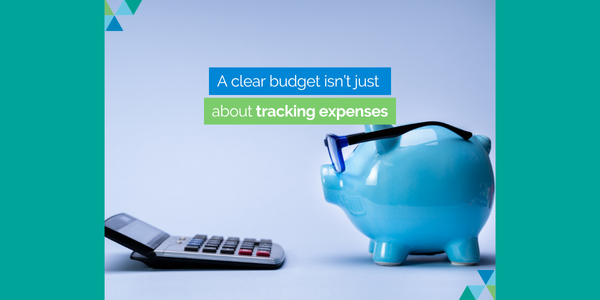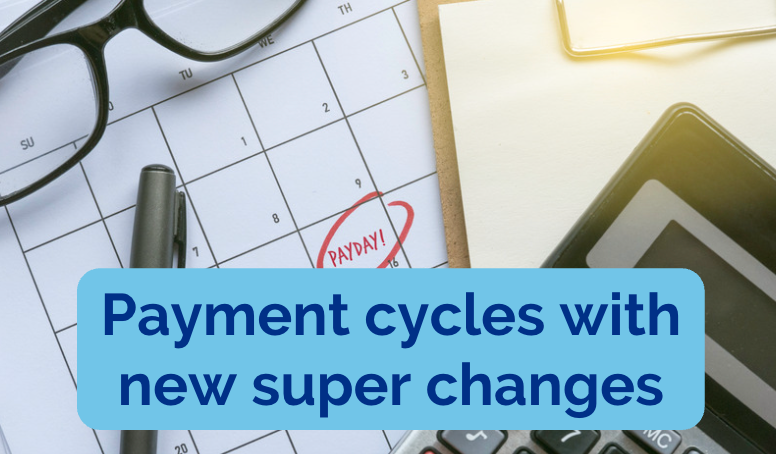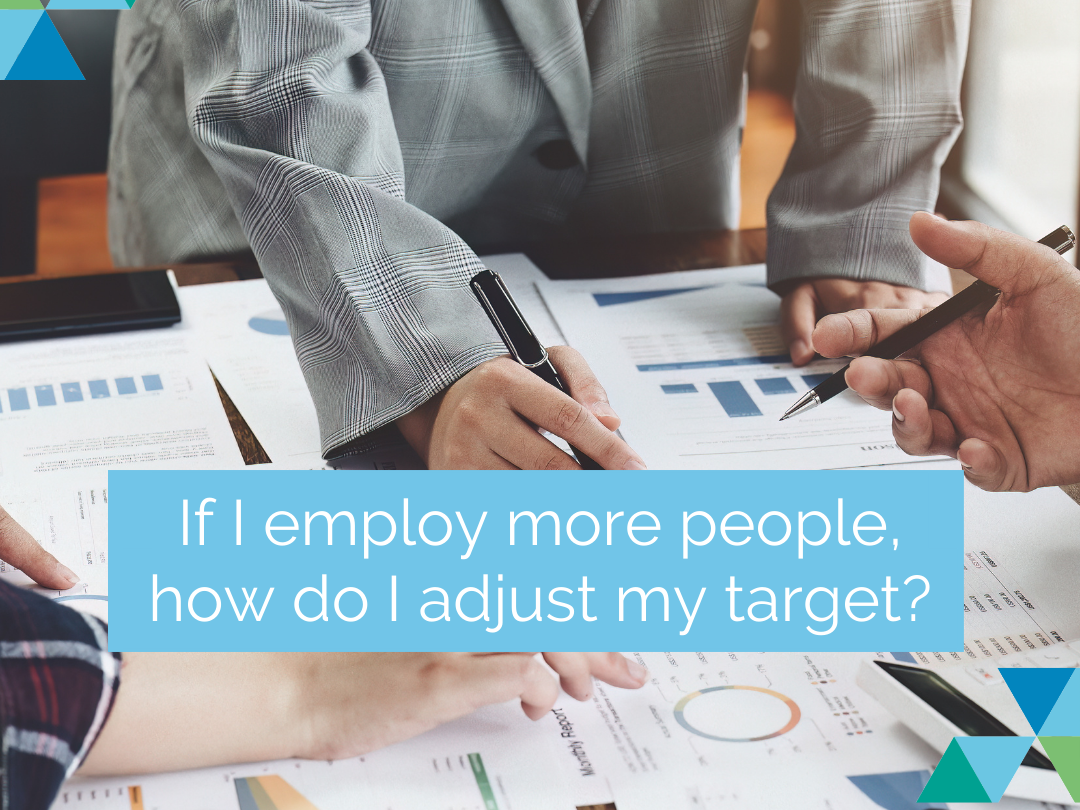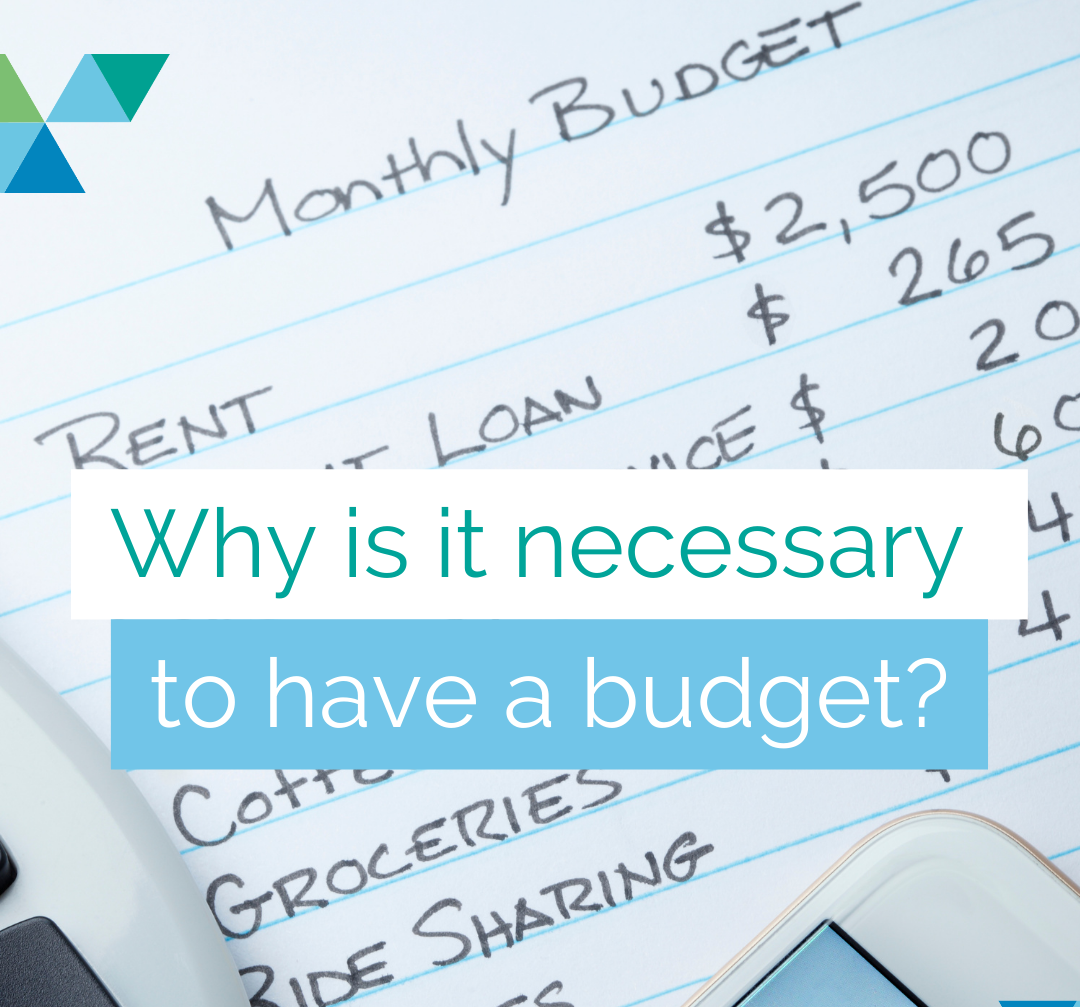Single Touch Payroll - All Your Questions Answered

We recently ran some sessions with information about how to prepare for and implement Single Touch Payroll (STP) in your business.
To help you ensure that your business is ready to meet the 1 July deadline (for employers with 19 or
What is single touch payroll? A new law that requires employers to electronically submit YTD wages, YTD PAYGW and YTD super at the end of every pay run.
Is it compulsory?
Yes, it is a new law that you need to comply with as of
What
Data matching. The ATO
If I don't have payroll software can I complete it manually?
No. In some circumstances, you may get more time to comply, but essentially this law is making you purchase some form of electronic software to run your business's payroll.
If I do have
There is a 3-step process that you need to follow.
1. Make sure the software is compliant. Note that only cloud-based / online versions are compliant.
2. Register the software with the ATO. Follow the prompts in your software and then call the ATO 1300 number and register. From discussions with people that already have registered this is a 2-minute process.
3. Make sure your payroll is set up correctly.
Does this mean that each time I do a pay run super and PAYGW is paid?
No. You still need to pay your super each quarter through your relevant clearinghouse and you still need to report your PAYGW on your BAS and pay it then.
Can I start doing the STP reports now?
Yes. Once you have gone through the relevant steps you can start sending STP reports to the ATO. We recommend that you do this so that you know how this works well before July 1.
What if I do it wrong?
Essentially you can't. Because it is reporting year to date figures, you will always be up to date. If you are paying your employees correctly (and they usually tell you if you aren't) then you will comply with STP.
How does it change my pay run?
It doesn't. At the end of your pay run, your software will ask if you now wish to submit your STP report? Click yes and the information will be submitted electronically.
If there is anything we can help you with your transition to Single Touch Payroll, please call us on 6566 2200.










